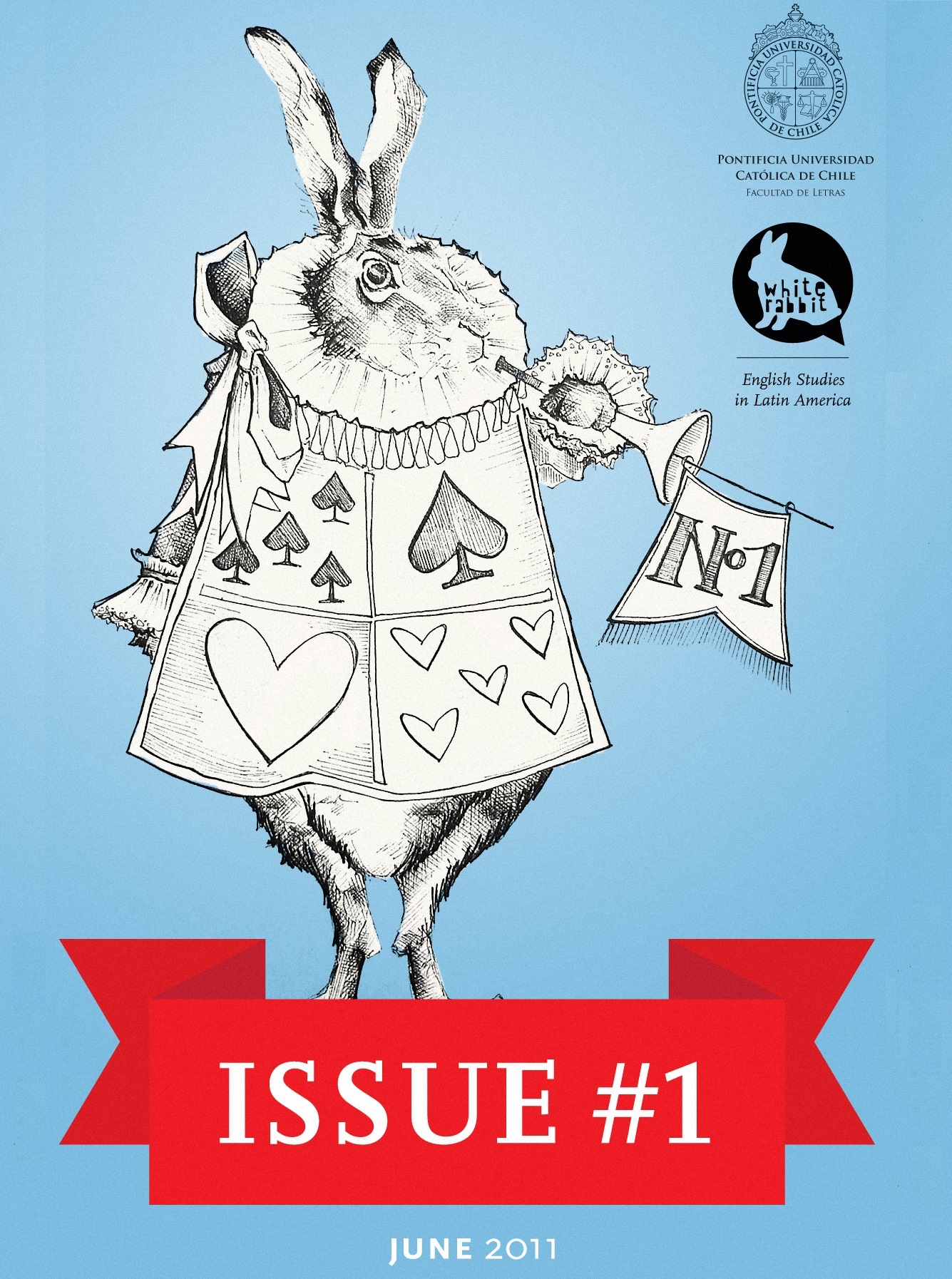Duality, Paradox and Confusion in Joseph Conrad’s “Freya of the Seven Isles”
DOI:
https://doi.org/10.7764/ESLA.61865Keywords:
DUALITY, PARADOX, COMEDY, TRAGEDY, LOVE, PRIDE, HUMOURAbstract
This paper examines Conrad’s use of duality in “Freya of the Seven Isles” in relation to fundamental aspects of the text such as setting, narrative voice, characterisation and themes, and it explores the way in which the play on opposites creates a tension from the beginning between comedy and tragedy. The exotic setting in the Dutch East Indies, far from the rules of ordered society, in shallow waters between land and sea where sudden tropical storms are common, makes this account of diabolic revenge seem credible. The first-person narrator, whose ironic tone serves to free him from responsibility, as well as to distance him emotionally from the catastrophe, reassures us and alarms us in turn, revealing the contradiction between his original light-hearted view of events and his knowledge of their terrible outcome. Main characters form interchanging pairs, and all characters are paradoxical, so that they often misjudge each other and themselves. Although “Freya” is a love story, love and pride are inseparable, and pride perhaps has a greater role in the unfolding drama than love. There is also a close connection between pride and humour, with constant references to smiles and laughter, but little genuine mirth. Laughter has multiple functions, being used as a weapon or a defence mechanism reflecting ignorance, shame, fear and embarrassment. At the end nobody is laughing, except conceivably the scorned lover who precipitates the tragedy, and the reader is left ruminating causes and consequences in a tangle of possibilities.
Downloads
Published
Issue
Section
License

This work is licensed under a Creative Commons Attribution-NonCommercial-NoDerivatives 4.0 International License.


